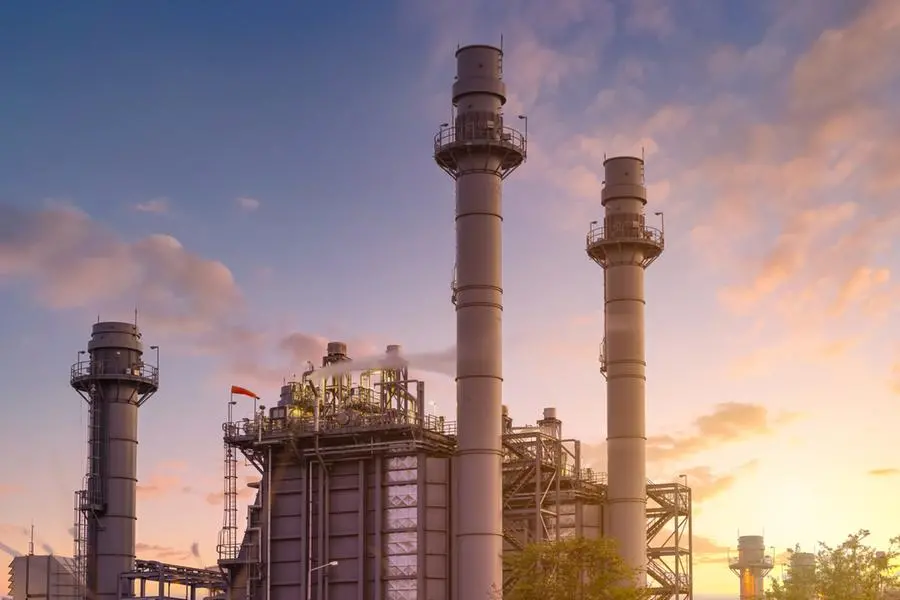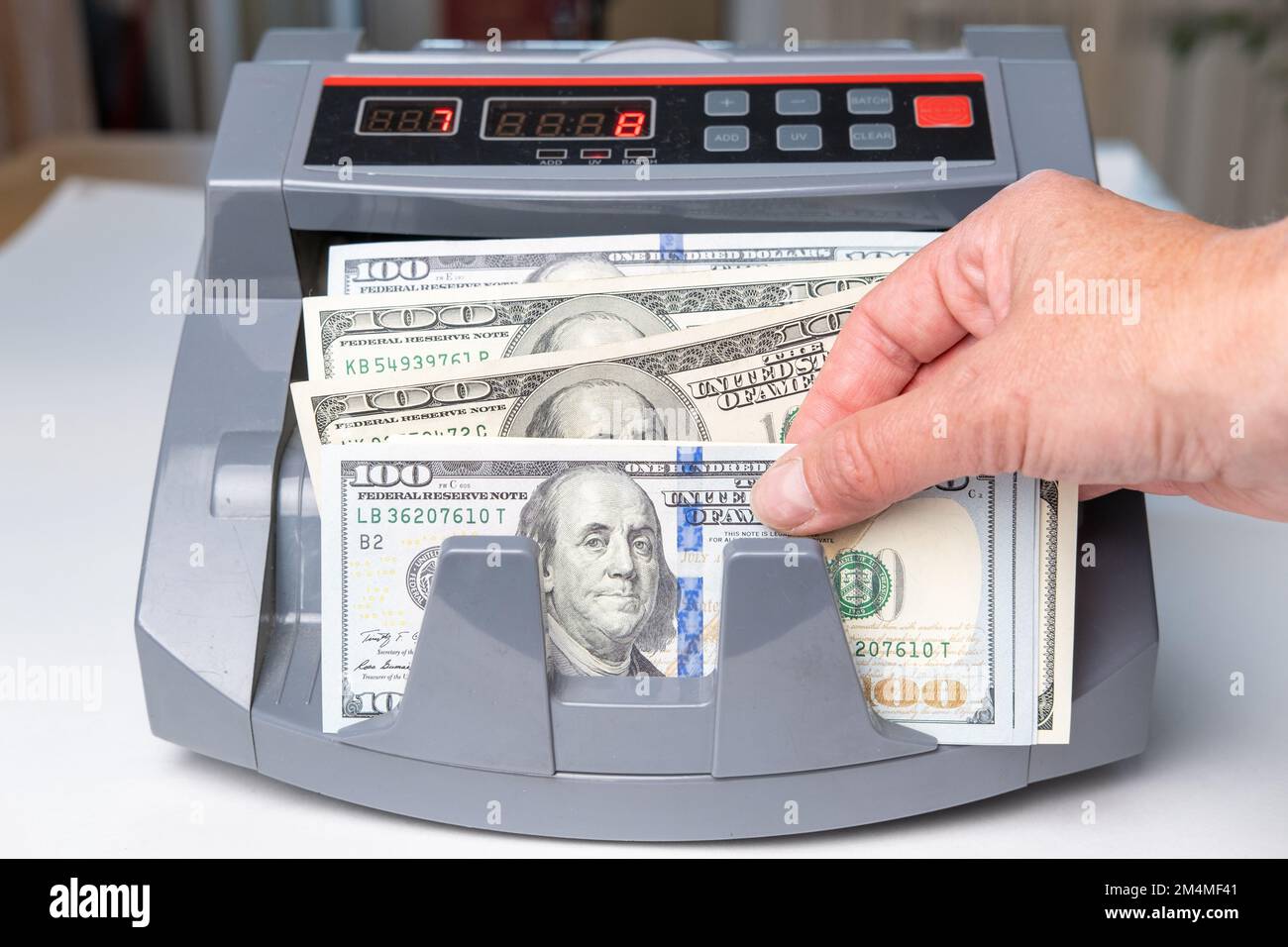The Ghana Statistical Service (GSS) on Wednesday announced a further drop in the country’s inflation rate to 21.2 percent in April, 1.2 percentage points lower than that of the previous month.
“The slower rate of inflation in April was due to declining food and non-food inflation, coupled with the base-drift effect,” Government Statistician at the GSS Alhassan Iddrisu said during a regular monthly briefing.
Iddrisu added that compared to March, food inflation declined 1.5 percentage points to 25 percent in April, while non-food inflation decreased 0.8 percentage points to 17.9 percent.
According to him, amid these price developments, inflation for locally produced and imported items stood at 22.7 percent and 17.7 percent, respectively.
In March, the monetary policy committee of the central bank increased its benchmark policy rate by 100 basis points to 28 percent to combat inflation.
In the face of an economic crisis, Ghana launched an economic reform program in May 2023, backed by a 3-billion-dollar loan from the International Monetary Fund, to deal with prevailing economic challenges, accentuated by rising inflation, spiraling public debt, exchange rate volatility, and high cost of living.
Ghana’s economy grew by 5.7 percent in 2024, showcasing positive signs of recovery. Enditem
Source: Xinhua
Share Us



